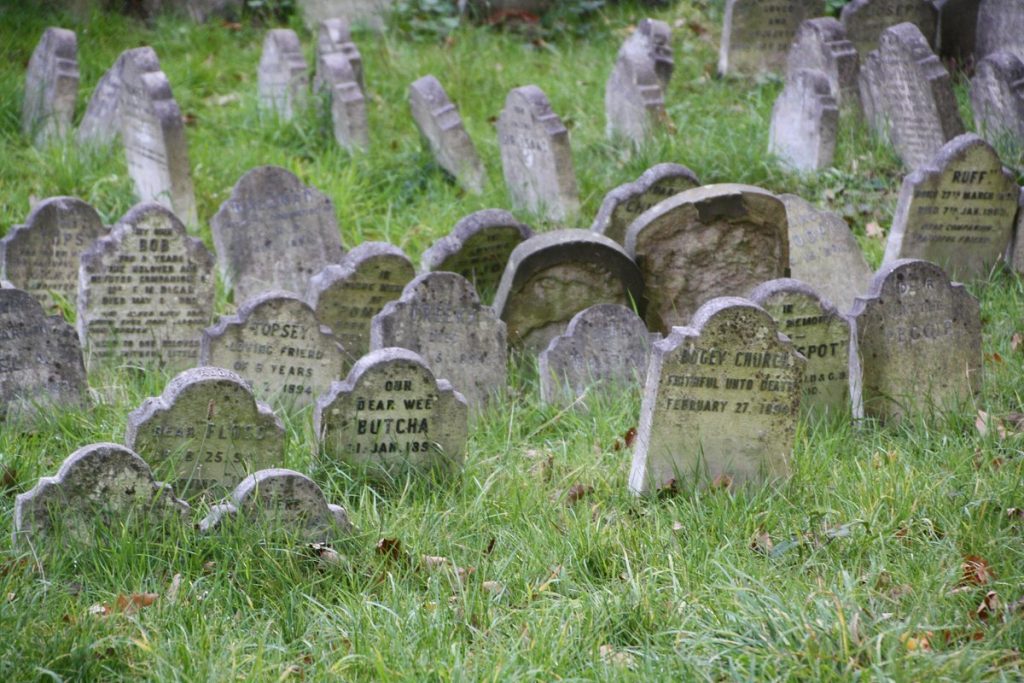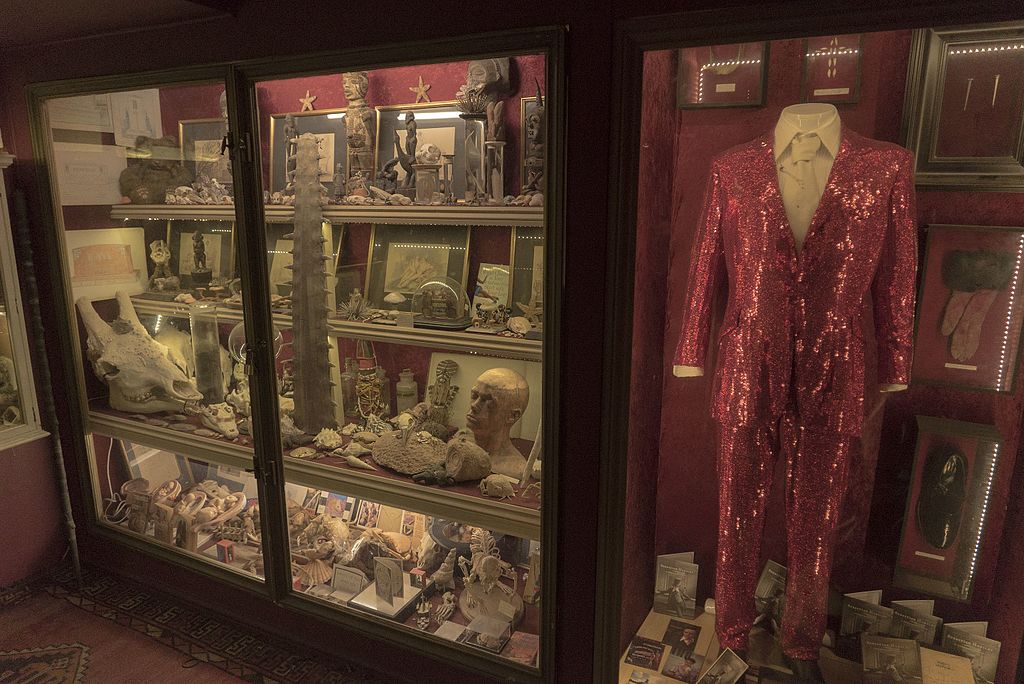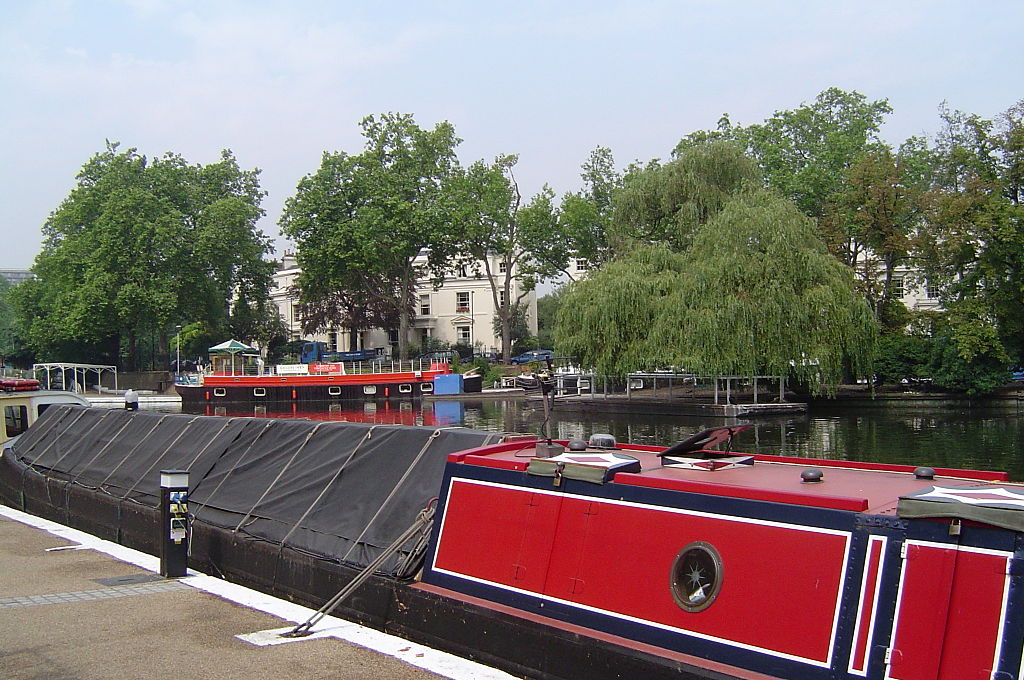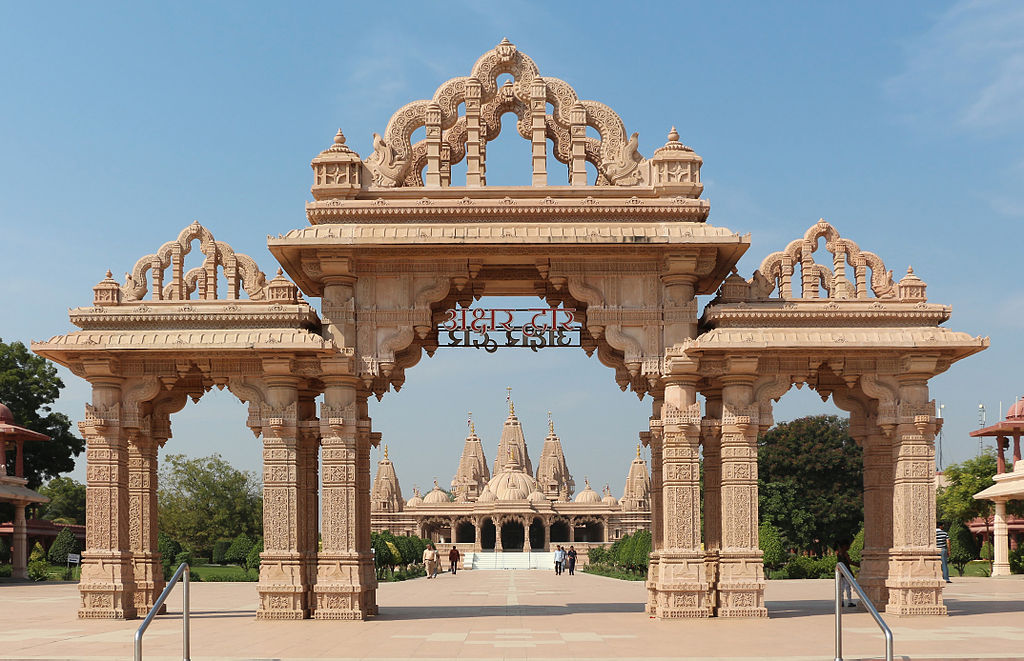London Off the Beaten Path: 8 Underrated Places in the City
London’s main attractions are basically household names for the rest of the planet. The London Tower, Big Ben, the Shard, the Eye, Buckingham Palace, the British Museum, Westminster Abbey, St. Paul’s Cathedral, and many more. You can spend days or several separate trips just seeing all the mainstream sights of London. However, there’s another side to London. London off the beaten path is a London that visitors don’t often see.
If you’re searching for non touristy things to do in London, or hoping to discover the city’s most underrated London experiences, you’re in luck. They’re the spots that might be right in front of you or around the corner, just out of our attention. That is, until now. This metropolis of nine million people offers some amazing and underrated sites—perfect for anyone looking for unexplored places in London or to wander off the beaten track in London.
8 Sites in London Off the Beaten Path
Hyde Park Dog Cemetery
London boasts some magnificent cemeteries: Highgate Cemetery, Kensal Green Cemetery, Brompton Cemetery, and Nunhead Cemetery, to name a few. Yet one of the least known (and most interesting) graveyards in London is the Hyde Park Dog Cemetery—an off the beaten path London gem. George Orwell called it, “Perhaps the most horrible spectacle in Britain.” Not so, George.
When the cemetery closed in 1903, caretakers had buried over 300 beloved canines here. Some of the dogs’ names on gravestones include Prince, Flocky, Topper, Bobbie, Fattie, and Scum.

Most animals at the Hyde Park Dog Cemetery are dogs, but you will also find cats, monkeys, and birds! Photo Credit: JRennock
Traveler’s tip: Along with seeing London’s most popular sites and off-the-beaten-path spots, you definitely want to dive deep into the city’s culinary scene. From oysters at a bustling market to a cold frothy pint at London’s most historic tavern, our London Food Tours will show you the best of British cuisine and customs.
The Ten Bells Pub
The neighborhood of Spitalfields features the locally renowned Ten Bells Pub, or as it says on its website, a “historic East End boozer.” This classic English pub attracts visitors with its large ceramic murals that detail life in Spitalfields centuries ago. Since the middle of the 18th century, the pub has existed, in one form or another. Therefore, when you enjoy a pint here in one of London’s oldest pubs, you commune with the ghosts of history—and discover another non touristy thing to do in London.
The Viktor Wynd Museum of Curiosities, Fine Art, & Natural History
Everyone loves a good wunderkammer, or cabinet of curiosities. The Viktor Wynd Museum provides a fun couple of hours exploring the weird, wacky, and the wonderful. You will find skulls, taxidermy, dodo bird bones, the skeleton of a giant anteater, shrunken human heads, fecal matter from various celebrities, and more. This curiosity shop, located in Hackney, truly stands as an underrated London attraction for those wanting to step off the beaten track.

Check out the Viktor Wynd Museum’s collection of shrunken heads. Photo Credit: Jwslubbock
Little Venice
It looks more like Amsterdam or the twee canal of Milan, but nonetheless, London’s “Little Venice” remains one of the most charming parts of the English metropolis. Located just north of Paddington, the houseboat-lined waterways create a lovely setting to plop down at a canal-side cafe or pub and sip a libation. For those searching for unexplored places in London, Little Venice delivers a tranquil, off the beaten path London escape.

There is an island within the confluence of the three canals in London’s Little Venice. Photo Credit: Queen of the Jet Set
Little Venice stands out for several reasons:
- You can enjoy peaceful strolls along the water.
- The area features unique canal boats and floating cafes.
- It offers a calm contrast to London’s bustling city center.
- Local festivals and events frequently take place along the canals.
The Old Operating Theatre Museum
Before television, the internet, and Netflix, people watched surgery theater, where medical students could observe serious medical operations in action. At the Old Operating Theatre Museum, you step into the past. Housed in the garret of the 1703 Church of St. Thomas, the operating theater closed in 1862 and then fell into abandonment. In 1957, someone rediscovered it and eventually turned it into this fascinating museum of surgery. This underrated London museum provides one of the most non touristy things to do in London.
God’s Own Junkyard
God’s Own Junkyard operates in Walthamstow, a neighborhood with little to no attractions. That changed after this magnificent warehouse moved in, and the neighborhood gentrified—not necessarily in that order. The huge warehouse teems with neon lights, as if some divine force picked up all the neon in Las Vegas and decided to store it in here. If you want to literally light up your Instagram account, this is the place to do it. God’s Own Junkyard defines off the beaten track London.

God’s Own Junkyard claims the largest stock of neon signs in Europe. Photo Credit: JRennocks
Why should you visit God’s Own Junkyard?
- You will see Europe’s largest stock of neon signs and art.
- The dazzling atmosphere offers a unique photography spot.
- The quirky café inside allows you to sip coffee surrounded by glowing art.
- The ever-changing displays mean each visit feels different.
Crossbones
Just a short stroll from the Shard and Shakespeare’s Globe, you will find an unusual and intriguing site: a pauper’s graveyard specifically designated for medieval-era sex workers. When Crossbones closed in 1852, caretakers had laid 15,000 bodies of now-unknown women to rest in the ground. Therefore, Crossbones provides one of the city’s most fascinating unexplored places for seekers of off the beaten path London.
Shri Swaminarayan Mandir
The largest Hindu temple outside of India, Shri Swaminarayan Mandir consists of 2,000 tons of Italian marble and 3,000 tons of Bulgarian limestone. Located in the Neasden section of the city, the temple finished construction in the early 1990s. Sculptors in India first carved reliefs into the marble and limestone before shipping them to London. At the time, the project cost £12 million to complete. Visiting this temple delivers one of those non touristy things to do in London, and a highlight among underrated London sites.

This Hindu temple was built using entirely traditional construction methods. Photo Credit: Bernard Gagnon
FAQ: Off the Beaten Path London
What are some off the beaten path London attractions I shouldn’t miss?
Some must-see off the beaten path London spots include the Hyde Park Dog Cemetery, the Viktor Wynd Museum, Crossbones Graveyard, God’s Own Junkyard, and Little Venice. These are perfect if you’re looking for non touristy things to do in London or want to discover underrated London sites.
Are these underrated London places suitable for first-time visitors?
Absolutely! While first-time visitors will want to see iconic landmarks, adding a few off the beaten track London experiences, like the Old Operating Theatre Museum or Shri Swaminarayan Mandir, provides a richer and more authentic view of the city.
Are there non-touristy things to do in London that are family-friendly?
Yes! Little Venice is lovely for a stroll with kids, and God’s Own Junkyard dazzles visitors of all ages with its neon art. The Viktor Wynd Museum and Hyde Park Dog Cemetery are also fascinating for curious families.
Why should I include off the beaten path London sites in my itinerary?
When you venture off the beaten track in London, you experience the city’s hidden history, quirky stories, and vibrant local culture—giving you a deeper connection to London beyond the main attractions.
Ready to taste the vibrant flavors of London’s most eclectic neighborhood? Join our Brixton Food Tour and discover the rich history, culture, and cuisine that make this area a must-visit for foodies. From Caribbean classics to innovative local bites, this immersive experience will leave your taste buds delighted. Book your spot now and eat your way through the beating heart of Brixton!
